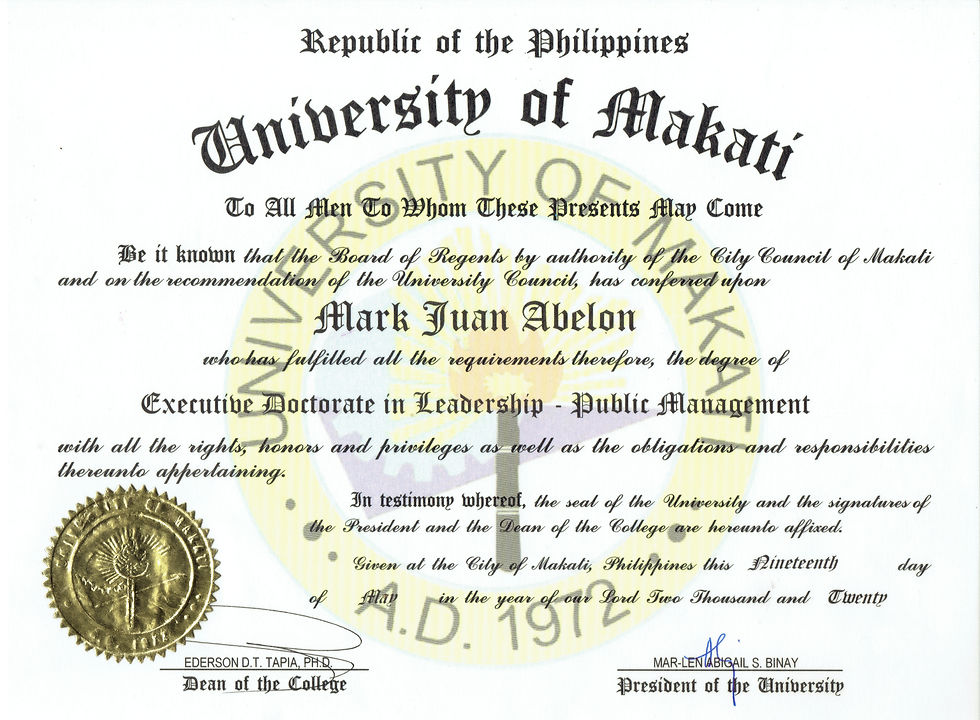Executive Doctorate in Leadership: a transformative degree designed to empower leaders with the knowledge, skills, and vision to drive organizational success. This rigorous program equips professionals with the expertise to navigate complex business environments, foster innovation, and inspire teams to achieve extraordinary results.
Through a blend of theoretical foundations and practical applications, the Executive Doctorate in Leadership prepares leaders to tackle real-world challenges, develop innovative solutions, and make a lasting impact on their organizations and communities.
Definition and Overview
An Executive Doctorate in Leadership is an advanced academic degree designed for professionals in leadership positions who seek to enhance their knowledge, skills, and research capabilities in the field of leadership. It is a rigorous and transformative program that combines academic rigor with practical application, preparing graduates to lead effectively in complex and dynamic environments.The key characteristics of an Executive Doctorate in Leadership program include:
- Emphasis on research and scholarship: Students engage in original research to contribute to the body of knowledge in leadership.
- Practical focus: The program integrates theoretical concepts with real-world challenges, enabling students to apply their learning directly to their leadership practice.
- Cohort-based learning: Students participate in a cohort of peers, fostering collaboration and the exchange of ideas.
- Executive-level curriculum: The program is tailored to the needs of experienced leaders, addressing the challenges and opportunities they face in their roles.
The objectives of an Executive Doctorate in Leadership program are to:
- Develop advanced leadership knowledge and skills.
- Enhance research and analytical capabilities.
- Prepare graduates to lead effectively in complex and global organizations.
- Foster a commitment to ethical and responsible leadership.
Program Structure and Curriculum

Executive Doctorate in Leadership programs are typically structured to provide a balance of theoretical knowledge and practical application. They often follow a cohort-based model, where a group of students progresses through the program together over several years.
The core curriculum typically covers foundational concepts in leadership, organizational behavior, research methods, and ethics. In addition to the core courses, students can choose to specialize in a particular area of leadership, such as healthcare leadership, educational leadership, or nonprofit leadership.
Core Courses
- Leadership Theory and Practice
- Organizational Behavior
- Research Methods
- Ethics in Leadership
Specialized Tracks, Executive doctorate in leadership
- Healthcare Leadership
- Educational Leadership
- Nonprofit Leadership
Target Audience and Career Impact
An Executive Doctorate in Leadership is designed for individuals who aspire to advance their leadership skills and knowledge to the highest level. The program is particularly relevant for those seeking to:
- Enhance their strategic thinking and decision-making abilities.
- Develop a deep understanding of leadership theories and practices.
- Conduct research and contribute to the field of leadership.
Career Benefits
Obtaining an Executive Doctorate in Leadership can have a significant impact on your career. Potential benefits include:
- Enhanced Career Advancement:The degree can open doors to senior leadership positions in various industries and sectors.
- Increased Earning Potential:Individuals with a doctorate in leadership often command higher salaries and benefits.
- Expanded Professional Network:The program provides opportunities to connect with other leaders and experts in the field.
- Personal and Professional Growth:The rigorous academic journey challenges you to think critically, solve complex problems, and develop your leadership style.
Research and Dissertation

The research component is a crucial element of an Executive Doctorate in Leadership program. It provides a platform for you to delve deeply into a specific area of leadership and make a significant contribution to the field.
The dissertation process typically begins with the development of a research proposal, which Artikels your research topic, research questions, and methodology. Once your proposal is approved, you will embark on a rigorous research journey that involves data collection, analysis, and interpretation.
To advance your leadership skills, consider an executive doctorate in leadership. This advanced degree prepares you for senior-level roles in various industries. If you’re particularly interested in educational leadership, explore the ed s educational leadership online program. This online program equips you with the knowledge and skills to lead effectively in educational settings.
Ultimately, an executive doctorate in leadership can enhance your leadership abilities and open doors to career advancement.
Dissertation Structure
- Introduction:Provides background information, research problem, and research questions.
- Literature Review:Reviews relevant literature to establish the context and theoretical foundation of the research.
- Methodology:Describes the research design, data collection methods, and data analysis techniques used.
- Results:Presents the findings of the research, including data analysis and interpretation.
- Discussion:Interprets the findings, discusses their implications, and draws conclusions.
- Conclusion:Summarizes the main findings, discusses the contributions to the field, and suggests directions for future research.
Value Proposition and Return on Investment
An Executive Doctorate in Leadership (EDL) offers a compelling value proposition for individuals seeking to advance their careers and make a significant impact in their organizations. This degree provides a unique blend of advanced leadership theory, practical application, and research-based knowledge that empowers graduates to lead effectively in complex and challenging environments.
An executive doctorate in leadership prepares you to drive organizational success through strategic decision-making and innovative leadership. By developing a deep understanding of business dynamics and honing your communication skills, you can effectively articulate your vision and inspire others to follow.
To further enhance your impact, consider exploring b2b thought leadership to establish yourself as an industry expert and build credibility for your organization. By leveraging your expertise, you can influence industry trends, attract potential clients, and position your company as a trusted thought leader in the field.
The potential return on investment (ROI) for an EDL is substantial. Graduates often experience significant career advancements, increased earning potential, and enhanced leadership capabilities. The degree provides a competitive edge in the job market, opening doors to senior leadership roles and executive positions.
An executive doctorate in leadership is a terminal degree that prepares professionals for leadership roles in various fields. If you’re interested in educational leadership, consider exploring eds in educational leadership. These programs provide advanced training in educational theory, research, and practice, equipping you with the skills and knowledge to lead and manage educational institutions effectively.
Executive doctorates in leadership, including those specializing in educational leadership, can enhance your career prospects and empower you to make a meaningful impact in the field of education.
Career Impact
An EDL can significantly enhance career prospects. Graduates are well-equipped to assume leadership roles in various industries, including business, healthcare, education, and government. The degree provides a strong foundation for:
- Advancing to senior management positions
- Becoming organizational leaders
- Consulting or advising other organizations
- Teaching or conducting research in leadership
Financial Return
An EDL can also lead to a significant financial return. Graduates often experience salary increases and bonuses upon completing the program. According to a study by the University of Southern California, EDL graduates earn an average of $135,000 annually, with the top 10% earning over $200,000.
In addition to direct financial benefits, an EDL can also provide indirect financial benefits, such as increased job security, improved decision-making abilities, and enhanced negotiation skills.
End of Discussion: Executive Doctorate In Leadership

An Executive Doctorate in Leadership is not just a degree; it’s an investment in your leadership journey. It empowers you to become a visionary leader, capable of shaping the future of your organization and inspiring others to reach their full potential.
Embrace the challenge, embark on this transformative program, and unlock your leadership greatness.
Key Questions Answered
What is the duration of an Executive Doctorate in Leadership program?
Typically, Executive Doctorate in Leadership programs can be completed in 3-5 years, depending on the institution and the pace of the student.
What are the admission requirements for an Executive Doctorate in Leadership program?
Admission requirements may vary across institutions, but generally include a master’s degree, significant leadership experience, and a strong academic record.
What is the difference between an Executive Doctorate in Leadership and a traditional PhD?
While both degrees involve research and dissertation, Executive Doctorates focus on practical applications and real-world problem-solving, while traditional PhDs emphasize theoretical research and academic contributions.
